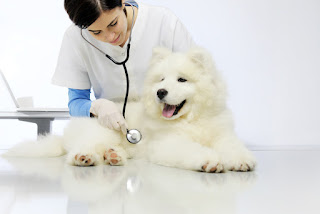New Initiative Aims to Improve Feline Wellbeing

International Cat Care wants to improve people’s understanding of cats’ mental health Photo: siekierski photo/Shutterstock. By Zazie Todd, PhD Cats’ wellbeing isn’t just about physical health; mental health is important too. A new initiative from International Cat Care aims to improve cats’ wellbeing. They have set up the iCatCare Feline Wellbeing Panel, an international group of 26 experts who can work together on feline behaviour and welfare issues. Last year, a survey of experts published in Veterinary Record found that the biggest welfare concern for pet cats is behaviour issues because of a poor home environment . Cats have species-specific needs, such as what cats need in their environment . When cats’ needs are not met, it is stressful for them. This in turn can lead to behavioural issues and also affect their physical health. Helping the public to understand the needs of cats will be one part of the panel’s work. Dr. Sarah Ellis, Chair of the new panel, says,...








